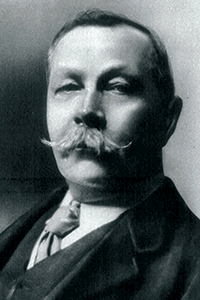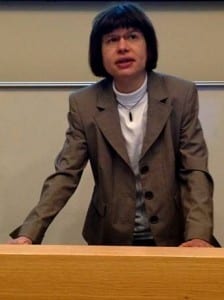Find the mind’s construction in the face: an exhibition of life and death masks
By zclef78, on 11 June 2014
I have to admit that this was my first visit to the UCL Art Museum. After walking past it twice, I finally stumbled across the entrance to this carnivalesque little treasure trove and almost immediately part of me wished I hadn’t.
Surrounded by rows of the plaster life and death masks of poets and murderers, professors and highwaymen, child prodigies and medics, it wasn’t very clear where in this bizarre spectacle you might want to begin.
Thankfully, it was at this point that Dr Carole Reeves (UCL Science & Technology Studies) swooped in to put what felt like a macabre examination of someone’s final moments into its historical context.
The masks were collected in mid 19th-century Dresden by amateur phrenologist Robert Nole to illustrate ‘good’ and ‘bad’ types of people.
Donated to UCL as part of the Galton Collection in 1911, they exemplify the trend in 19th century aristocratic circles for pseudo-scientific hobbies. Nole’s particular predilection was phrenology: the study of head morphology and the belief that it is intrinsically linked to a person’s character.
 Close
Close





